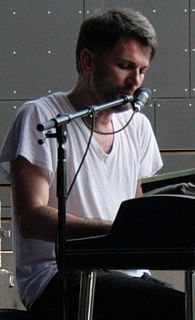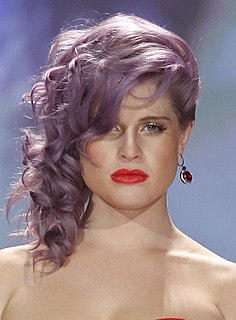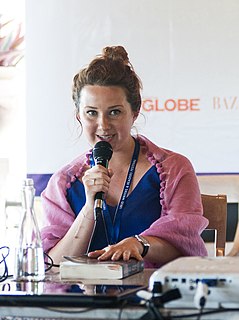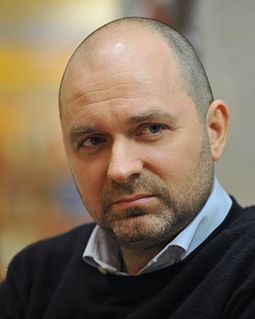A Quote by Pete Docter
The way real memories work, from what we understand, is really complex. And it's an interconnection of different things and redundancy in the brain. So the idea of a memory existing as a little snow globe - the way we represent it in the film - is actually not scientifically accurate at all.
Related Quotes
We actually needed the memory - if you see the film - as a very different kind of a plot device of revealing some information to our main character. So we chose to represent it as these sort of beautiful little snow globes, which kind of, weirdly, that's the way we think of memories - at least, most of the folks that we talked to. You think of these memories as being very pure and absolute and unchanging. That's not actually real life.
So it's like your brain has a large filing cabinet and it's opening up each drawer and it's taking in various images and memories from the day, consolidating what it needs to and puts in whatever file. And then if there's something that doesn't fit in any of the files and doesn't really belong, you'll forget about it. So it's a way of really getting a succinct way of storing things in your brain.
Different things work for different people. One thing I've realized, though, is that the work that I've done on myself outside of my work as an actress has really allowed me to open up my mind. I think I understand my emotional state and my complexities now in a much clearer way, and I can put them to rest in a way that there's almost a catharsis that happens through the work, where I can do it and then find myself again.
At the very end, without memory we are nothing. The things you say; the way you feel; the way you act in certain situations... it's because you have a memory of something. Imagine we are building the biggest, most solid room that we could ever have. And sometimes you need to work on it, because thoughts turn into memories. Sometimes they will start to create dreams and realities, and what actually happened changes inside yourself during the years. I think that's how to preserve reality; we change it so it stays alive. The thoughts may change, but the feeling remains.
The book is actually called 'A Mentor Leader, a Different Way to Lead.' It really talks about my experience in the way I tried lead our football team, things that I learned from, basically, the coaches that I played for and my parents about leadership. And it is a little bit different, counter to maybe what society says about great leaders.
I think people are willing to take more of a risk on an indie film, about character, etc...but at the same time, when I work on projects that are substantially bigger, in a way they do feel small. Even though the catering is way better and we actually have someone shooting with real film.... The budgets are bigger but the story still feels small, like an indie film.
Memory is strange. Scientifically, it is not a mechanical means of repeating something. I can think a thousand times about when I broke my leg at the age of ten, but it is never the same thing which comes to mind when I think about it. My memory of this event has never been, in reality, anything except the memory of my last memory of that event. This is why I use the image of a palimpsest - something written over something partially erased - that is what memory is for me. It's not a film you play back in exactly the same way. It's like theater, with characters who appear from time to time.
You know, an idea is just an idea. There seems to... the kind of epiphanies that you have, like the little sudden bursts of light, they're very small and they're very short and it's the pursuit of the idea that's the important thing. . . . I know a lot of people who have way better ideas than I do that-much more frequently than I do that just can't sit down and actually do it. Ideas are such are a little overrated really; it's the work behind the idea that's the important thing.
Inside the snow globe on my father's desk, there was a penguin wearing a red-and-white-striped scarf. When I was little my father would pull me into his lap and reach for the snow globe. He would turn it over, letting all the snow collect on the top, then quickly invert it. The two of us watched the snow fall gently around the penguin. The penguin was alone in there, I thought, and I worried for him. When I told my father this, he said, "Don't worry, Susie; he has a nice life. He's trapped in a perfect world.
There's not one way to direct a film, there are so many different ways to do it. Everything affects the way it turns out in the end. Even the smallest things. You don't want to really acknowledge that, because you want to believe that you are the only creative asset as a director. You want to believe you're the only one. But I really feel that everyone teams up and everybody really affects everything. Actually, it's the closest I will get to playing in a band.




































